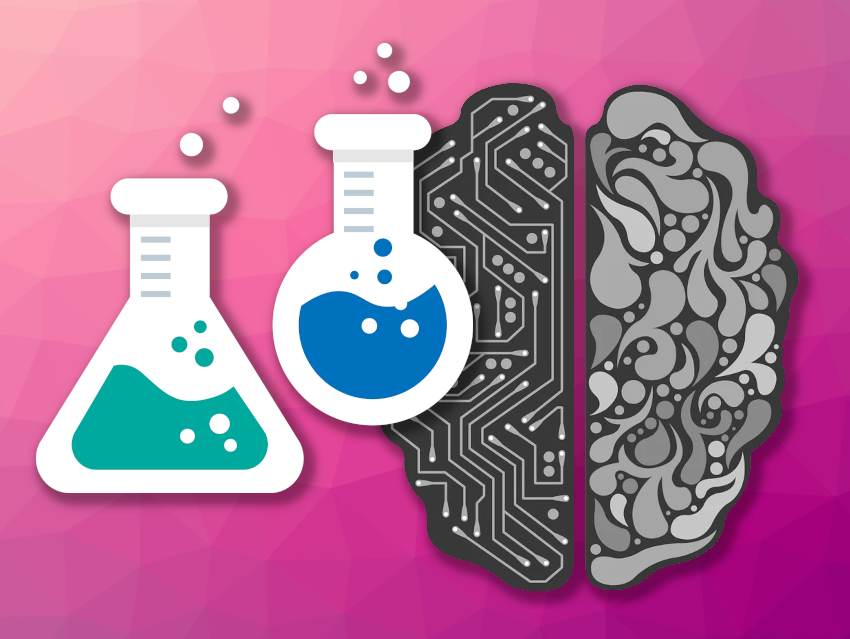Artificial intelligence (AI) can be very useful for different tasks related to chemistry and adjacent sciences. For example, there are successful AI-based approaches to predicting the structure of proteins and AI methods for the optimization of catalysts. However, retrosynthetic planning in organic chemistry is still challenging. Methods in which AI purely “learns” from the data of example reactions have often been limited to simple target products and can fail for complex molecules. This has sometimes been attributed to insufficient amounts of reaction data.
Frank Glorius, University of Münster, Germany, Bartosz A. Grzybowski, Institute of Organic Chemistry, Polish Academy of Sciences, Warsaw, and Ulsan National Institute of Science & Technology (UNIST), South Korea, and colleagues argue that this lack of data might not be the only reason for the problems that AI-based retrosynthetic planning methods face, and that the expertise of synthetic chemists cannot be easily replaced by more reaction examples. They propose that the field might profit from combining AI with expert knowledge and “classical” theoretical tools in a hybrid approach.
The researchers point out that the design of retrosynthetic routes using disconnections based on known reaction types is a complex problem due to the high number of possible reactions, the scaling with the number of reactions in the synthesis, and the often small number of actually viable synthesis paths. In contrast to other problems that can be tackled using AI, such as a chess game, the “rules”—i.e., the information derived from published reaction data—are less well-defined due to errors, incomplete entries, biases, ambiguity, and problems with the extrapolation to new substrates.
The team proposes that expert knowledge could help, e.g., in defining priority areas for the collection of additional reaction data, in using physical-organic knowledge to pinpoint unlikely reactions, and in providing lists of “impossible”, unstable molecule types that an AI algorithm should ignore in searching for a viable synthesis path. They also state that creating AI algorithms that mimic the logic and strategies of human experts, for example, by planning multiple steps ahead in a complex synthesis, could improve performance.
According to the researchers, “hybrid” approaches that include expert knowledge could be more feasible in the near future than methods for AI-based retrosynthesis based purely on reaction databases—and they might provide more useful solutions for synthetic organic chemists.
- Artificial Intelligence for Retrosynthetic Planning Needs Both Data and Expert Knowledge,
Felix Strieth-Kalthoff, Sara Szymkuć, Karol Molga, Alán Aspuru-Guzik, Frank Glorius, Bartosz A. Grzybowski,
J. Am. Chem. Soc. 2024.
https://doi.org/10.1021/jacs.4c00338




